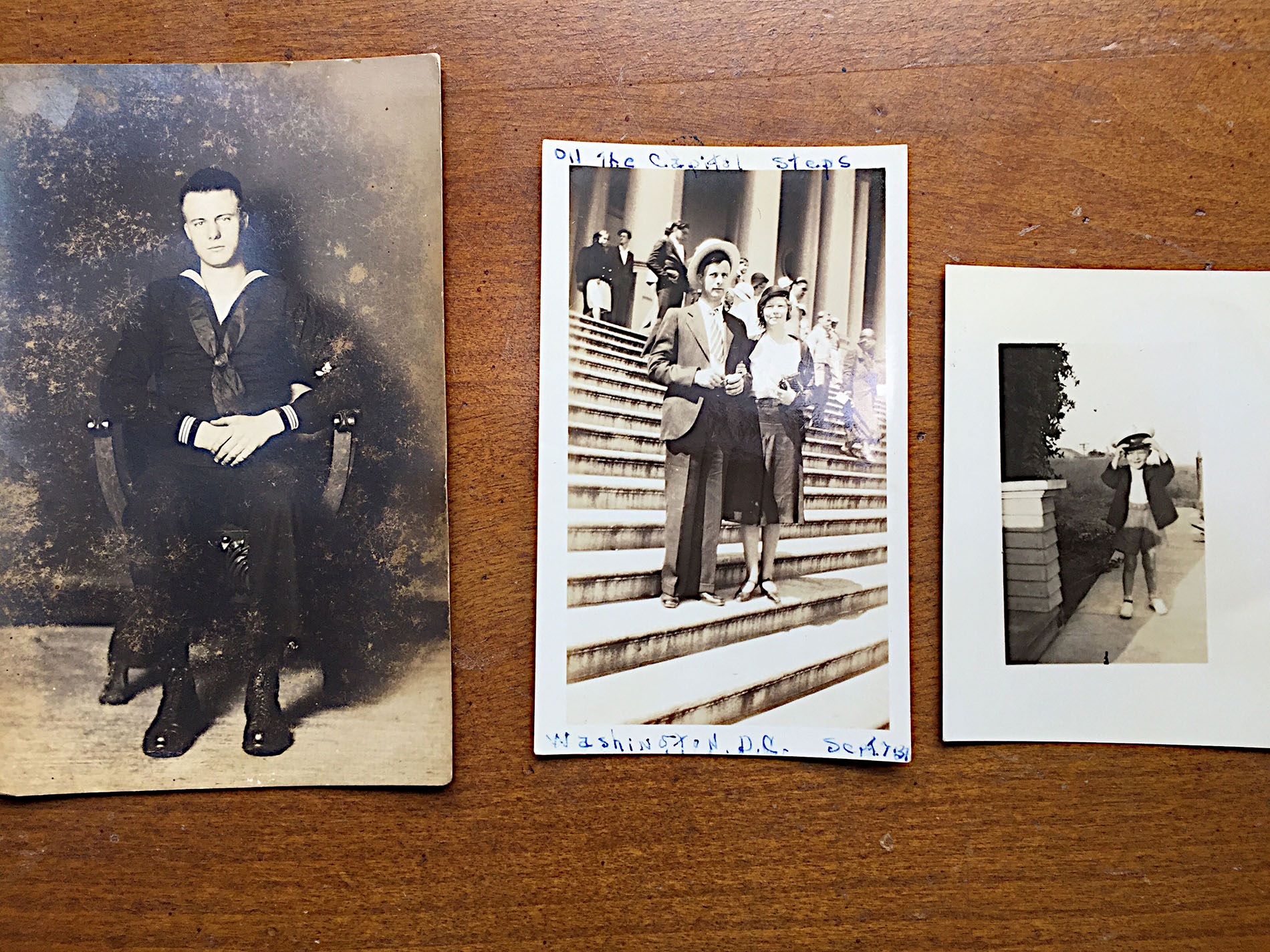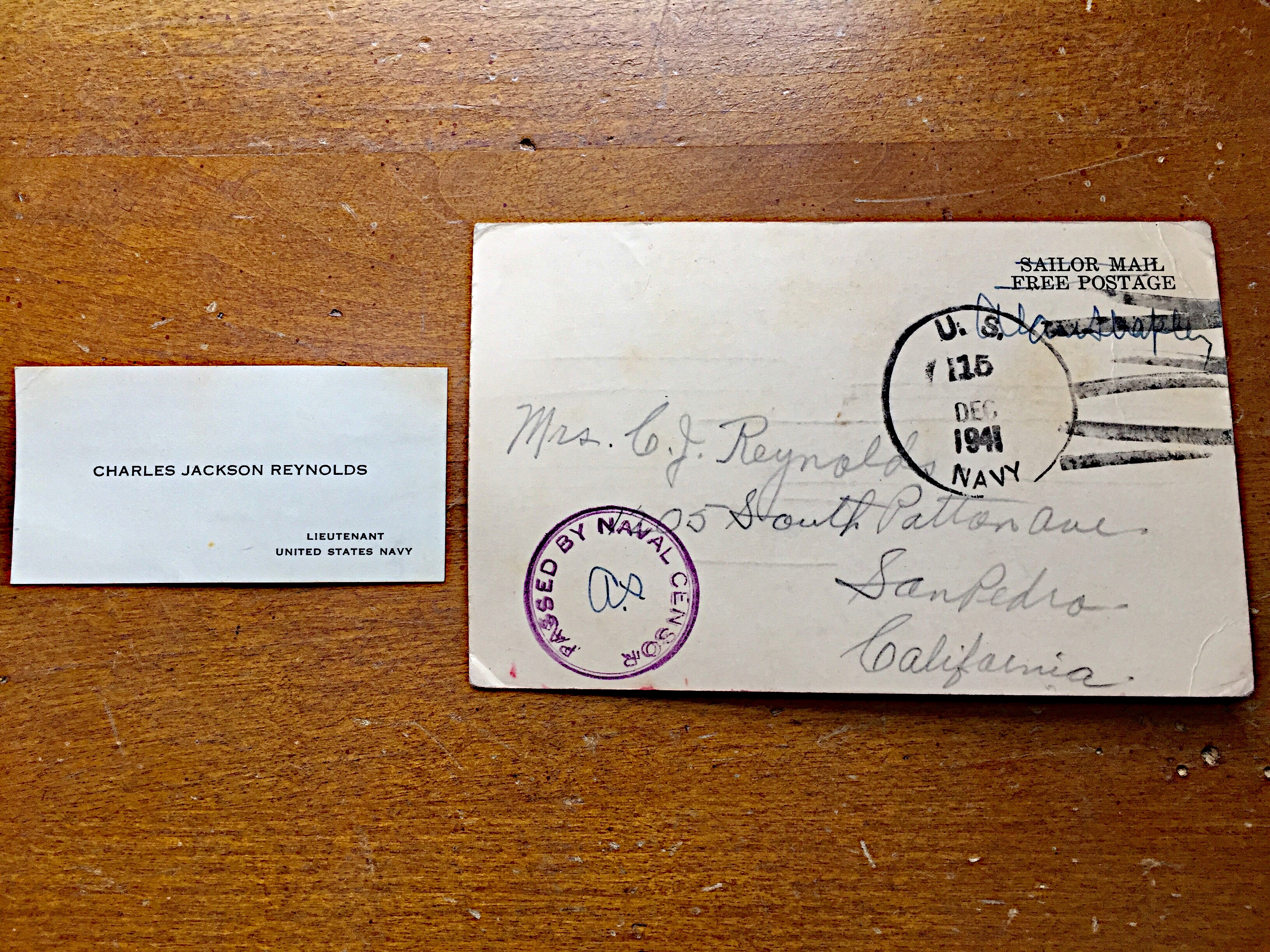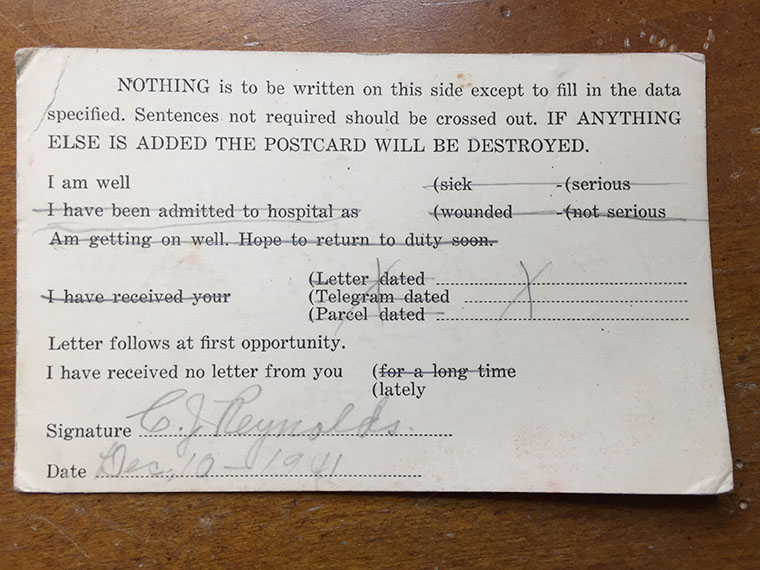A Prayer about Memorial Day
A Prayer about Memorial Day
And he came and preached peace to you who were far off and peace to those who were near.
Ephesians 2:17
Almighty King,
Today in America we remember
all who’ve served, fought, and died
to bring peace to our country.
Even as we honor these brave warriors,
help us to remember
the bravest and most sacrificial Warrior—
our true King Jesus.
He broke down the dividing wall of hostility
that separated us from you
and separated us from others (Ephesians 2:14-16).
He won the war against sin in our hearts,
freeing us to serve him, the Prince of Peace
who died for us and defeated death once and for all (Revelation 1:18).
Help us to live as citizens of your kingdom,
as bold and gentle warriors
of your mercy, humility, love, and peace.
In Jesus’ peace-winning name. Amen.
Read Ephesians 2:11-22.

Elizabeth Reynolds Turnage
author, life and legacy coach, speaker
Elizabeth Reynolds Turnage is the author of Preparing for Glory: Biblical Answers to 40 Questions on Living and Dying in Hope of Heaven.
(affiliate link)









